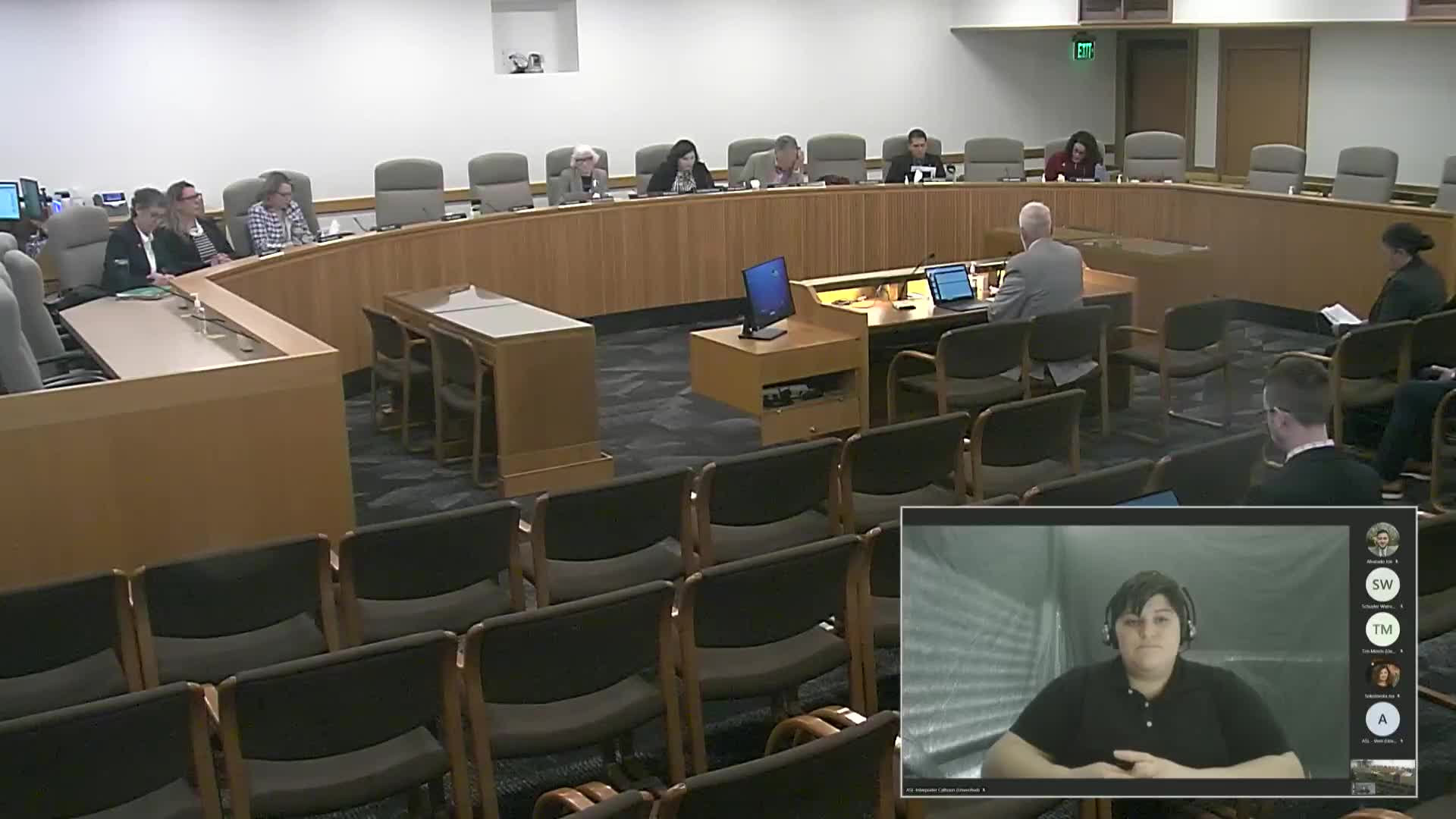Lawmakers hear proposal for statewide rental registry to fill data gaps in housing inventory
Get AI-powered insights, summaries, and transcripts
Subscribe
Summary
Rep. Mark Gamba introduced House Bill 3877 in an informational session of the House Committee on Housing and Homelessness on April 21, pitching a statewide rental registry to provide accurate, unit‑level data for planning and housing production efforts.
Rep. Mark Gamba introduced House Bill 3877 in an informational session of the House Committee on Housing and Homelessness on April 21, pitching a statewide rental registry to provide accurate, unit‑level data for planning and housing production efforts.
"The purpose of this bill is to go back in and fill several big gaps that were left in the Oregon Housing Needs Analysis," Rep. Gamba said, describing the bill’s core function as standing up a landlord reporting process for unit counts, unit sizes and rents charged.
Why it matters: Witnesses and city staff said the state currently lacks a centralized, reliable source of rental-unit data. Speakers argued that better data would improve targeting of production, preservation and rehabilitation funds, help forecast needs, and clarify ownership patterns where private equity involvement may be obscured behind shell entities.
Michael Anderson of the Sightline Institute described the registry as a tool for better measurement: ‘‘How can we watch as this is going, and how can we see what effects the changes we’re making are having…with more detail,’’ he said, noting Sightline took no position on the bill itself.
Tim Morris, executive director of the Springfield Eugene Tenant Association, said a statewide registry would ‘‘offer a foundational tool to support Oregon’s long term housing goals,’’ including production and preservation, and noted that local registries (Portland, Eugene, Gresham) already provide models. Skyler Warren, assistant director of community development for the city of Tigard, told the committee a local registry paired with proactive inspection could make such programs fiscally sustainable and that cities need the ability to retain local registries that meet state standards.
Committee members asked about scope and practical limits. Testimony described proposed registry elements: counts of rental units, unit sizes (studio, one-, two-, three-bedroom), rents charged, and ownership information to identify out‑of‑state or institutional owners. The presenters said short‑term rental data and occupancy snapshots bring complexity for enforcement and fiscal estimates; an earlier bill iteration that addressed occupancy was removed because of fiscal and implementation challenges.
Privacy and data-release rules were discussed; witnesses said the bill as drafted would not release identifiable unit-level data via public records requests and that aggregated data would be the form used for public reporting and planning. Witnesses also said cities currently lack legal authority to require landlords to provide the granular details proposed and that the bill would create enforcement mechanisms and exemptions for localities with existing registries.
No committee motion or vote was taken at the informational hearing. Rep. Gamba and supporting city staff said they plan further stakeholder engagement and invited interested parties to follow up; no timeline for drafting final language or committee referral was set during the meeting.
